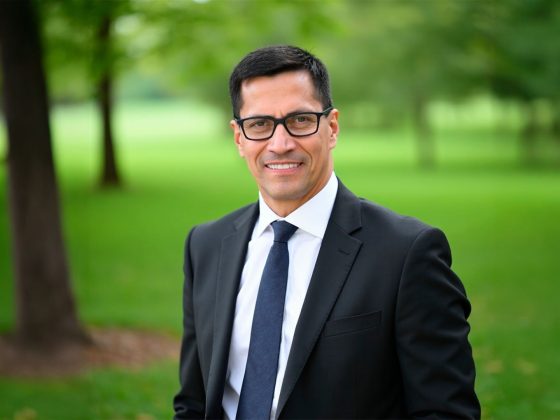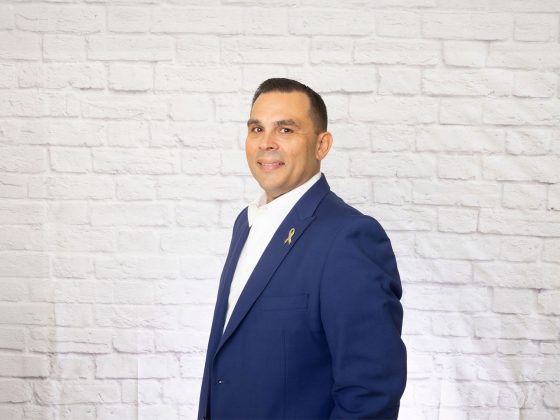When reflecting on some of the most influential leaders of modern finance, the emphasis tends to cover their performances as businessmen, their efficacy in managing most enormous companies and organizations, as well as their contribution to the formation of the world’s economy.
That is why the story of Brian Moynihan, the Chairman and CEO of Bank of America has a rather different perspective. Moynihan went further than controlling for profits and stock results; the scope of his influence penetrated the sphere of charity and support for people in need. His work is not merely about cutting checks; it is about dedicating himself to using the billions at the disposal of one of the world’s biggest banks to encourage lasting, beneficial change around the world.
A Vision Rooted in Responsibility
Brian Moynihan became the CEO of Bank of America in 2010 and navigated the company through a turbulent period in the financial industry where the public had lost faith in large financial institutions. He has not only successfully steered the bank back to a path of growth and renewed prosperity but has also revolutionized its social responsibility.
The concept of responsible growth in the interest of Moynihan is not just a corporate strategy; it is a personal mission. He has continually stressed the fact that when Bank of America wins, everybody wins, the customers, the workers, and those in the society in which the company operates.
This combined concept of corporate responsibility underpins the bank’s philanthropic activities, which have been significantly expanded under Moynihan.
Economic Mobility and Workforce Development
Economic mobility has been one of the emphasis areas that Moynihan has been interested in. Being aware that the lack of economic capital is a cause of many system-related problems, Bank of America has made a few billion-dollar pledges towards economic mobility programs that seek to empower minorities.
For instance, the bank’s Neighborhood Builders initiative, which Moynihan advocated for, has provided more than $285 million in support of the program since its launch in 2004 to help nonprofit organizations build better, more durable neighborhoods. This program does not only award financial grants it also offers leadership training and technical assistance to help these organizations maximize their impact.

Environmental Sustainability
More proof of Moynihan’s progressive view on philanthropy is that he is keen on environmental sustainability. He has been a positivist on the issues of climate change because he knows that the sustainability of the environment is a part of sustainable economic and social development.
Under his leadership, Bank of America has pledged to achieve net-zero greenhouse gas emissions in its financing activities, operations, and supply chain before 2050. This ambitious goal is supported by the bank’s $1.5 trillion commitment to sustainable finance by 2030, aimed at accelerating the transition to a low-carbon economy.
However, the corporate environmental management at Bank of America does not only stop at the financial level. The bank has made contributions to the welfare of the community in aspects such as environmental sustainability and adaptation. For instance, Bank of America has been involved in a program with the Arbor Day Foundation, which has led to the planting of millions of trees in urban areas, reduced air pollution, and developed more quality lifestyles in some of the deprived communities.

A Catalyst for Global Change
The philanthropic vision of Brian Moynihan is not bottled up within the United States or his own organization. He acknowledges that most of the issues that confront us in contemporary society, such as climate change, and economic inequality, among them are global problems that demand solutions. In his capacity, the bank has taken its charitable outreach to a global level and its programs are spread across more than 90 countries.
One notable example is the bank’s commitment to global health.
During the COVID-19 pandemic, Moynihan made sure that Bank of America took an active part in the financial support of relief work. The bank also pledged more than $100 million to aid communities across the globe providing medical equipment, and food supplies to protect the vulnerable ones.
This swift and substantial response highlights Moynihan’s belief in the importance of corporate responsibility during times of crisis.
A Legacy of Compassion and Commitment
As Brian Moynihan continues to lead Bank of America, his legacy will undoubtedly be defined by more than just the bank’s financial performance. Through his unwavering commitment to philanthropy and community support, Moynihan has set a new standard for what it means to be a leader in the modern era. His vision of responsible growth, one that balances the needs of shareholders with those of society serves as a powerful example for other business leaders to follow.
Image Source: pexels.com










